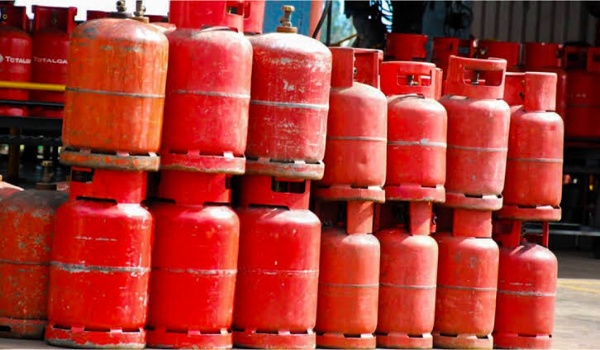Business
NLNG allays concerns over cooking gas scarcity, price hike due to force majeure

Following its declaration of force majeure due to the flooding that is devastating the country and disrupting supplies, the Nigeria Liquefied and Natural Gas (NLNG) Company has allayed concerns about a shortage of cooking gas and an increase in price.
A force majeure is a common clause in contracts which essentially frees parties from liability or obligation when an extraordinary event or circumstance beyond the control of the parties, such as a war, strike, riot, crime, epidemic or sudden legal changes prevents one or both parties from fulfilling their obligations under a contract.
Speaking on Monday during an interview on Channels TV, Andy Odeh, general manager of external relations and sustainable development at the NLNG said:
“We don’t determine the price of gas as a company. However, I know the fears and concerns out there but I think it is important to reiterate that we are producing LPG (Liquefied Petroleum Gas) which is the cooking gas into the domestic market.
“Only last week, the only dedicated LPG vessel left the Bonny facility to deliver into Lagos. Will this affect the price of cooking gas? No it shouldn’t. I think to an extent the National Association of LPG Marketers has also gone out to assure the public that there is no need to panic buy, there is no need to stock or store cylinders in our homes because of fear or concern that there will be scarcity,” Odey said.
Read also:Nigerian govt rules out ban on importation of gas cylinders
Consumers of cooking gas, also known as liquefied petroleum gas, became alarmed after receiving the NLNG’s letter last week, fearing a possible shortage of the essential item.
However, the NLNG official reassured Nigerians that things would improve within the next several weeks.
“As you know this is all about flooding, I will say it is difficult to predict the weather.
“When water recedes and this we expect will happen by the upstream suppliers but again I think at this point safety of people who work on those sites and of course safety of assets in those facilities are paramount.
“In the coming weeks we will continue to monitor the situation. In terms of timeline, we are looking at next few weeks, confirmation is that as we speak the water is no more rising, so in the next two to three weeks we expect it to recede”, he assured.
Join the conversation
Support Ripples Nigeria, hold up solutions journalism
Balanced, fearless journalism driven by data comes at huge financial costs.
As a media platform, we hold leadership accountable and will not trade the right to press freedom and free speech for a piece of cake.
If you like what we do, and are ready to uphold solutions journalism, kindly donate to the Ripples Nigeria cause.
Your support would help to ensure that citizens and institutions continue to have free access to credible and reliable information for societal development.


















